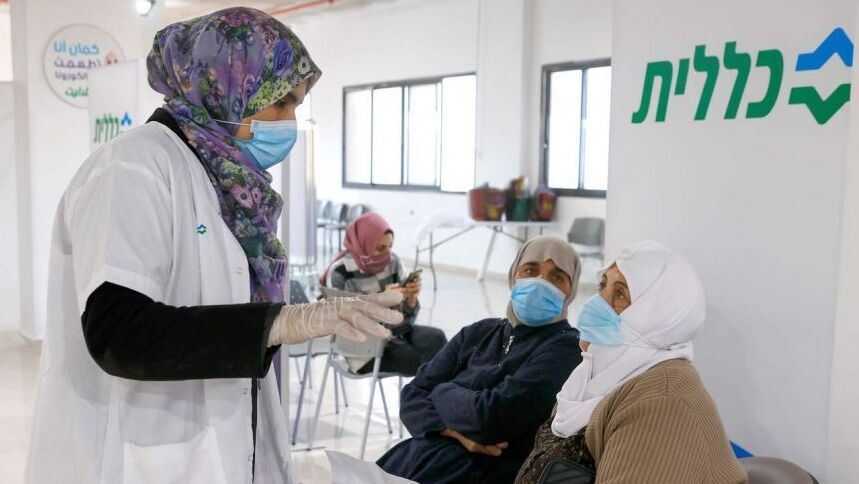Health Ministry Director-General Prof. Hezi Levi said on Wednesday he would recommend extending the nationwide COVID-19 lockdown restrictions, which are set to expire on Friday, until Sunday at the very least.
"We have recommended and will continue to recommend that the lockdown would last at least until midnight on Sunday, and then we will see," Levi told the Ynet. "If we step out [of lockdown], we'll do so slowly and in an orderly fashion."
3 View gallery


Police enforcing the coronavirus lockdown regulations in Tel Aviv
(Photo: Nadav Abas)
"We want several more days to continue vaccinating the public and reach definitive protection, especially among those aged 50 and over as morbidity still remains very high," he said.
"Ending the lockdown now will hinder our ability to continue to vaccinate a few tens or even hundreds of thousands more members of the at-risk population."
Levi also said that decision-makers have yet to devise an orderly exit strategy, but he estimated that nursery educational institutions in cities with low coronavirus infection rates would be among the first to reopen.
Against the backdrop of the declining turnout for Israel's world-leading COVID-19 vaccination drive, which left vaccination centers across the country empty, Levi said that the Health Ministry is considering scrapping the vaccination age cap, which currently stands at 35, altogether, and health officials are expected to make a final decision on the issue later on Wednesday, considering supply management.
Levy also raised concerns that a new and more infectious COVID-19 variant hailing from Britain, among other variants, could evolve and develop a resistance to the vaccine.
"We're running constant testing and currently, the British variant is not resistant to the vaccine and neither is the South African variant, according to studies, although the vaccine might be less effective against that strain," Levi said.
"The virus could evolve to become resistant to the vaccine, mutations are quite common, and we see that with influenza vaccines that are tweaked each year to deal with the most common virus strains that year. Medicine and science say that a new variant can certainly develop anywhere, including in Israel," he said.
"We run [DNA] sequencing on many patients, mainly to spot chains of infection, but not everyone... we'll sequence people who get infected after getting the second shot since it raises a red flag."



